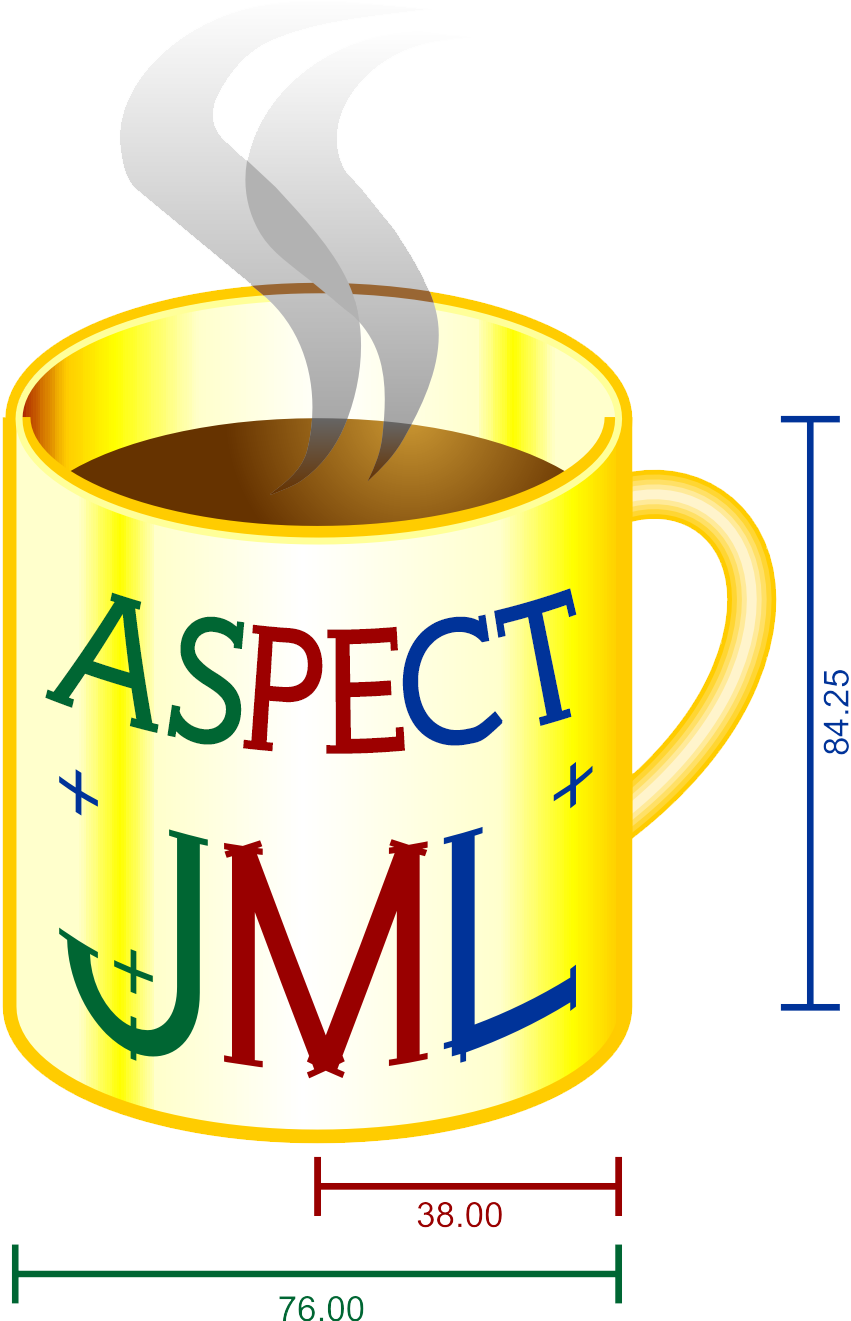 AspectJML
crosscutting contract specifications for better modularity
AspectJML
crosscutting contract specifications for better modularity
| aspectjml is | aspectjml enables | ||
|
|||
AspectJML - Who is using AspectJML
Who is using AspectJML
AspectJML, as with JML, is an open project, and we welcome the participation of other groups.
If your group is working on AspectJML
but not listed below, please send an email to Henrique Rebęlo (hemr@cin.ufpe.br).
University of York, Department of Computer Science
-
Prof. Ana Cavalcanti
- - She teaches JML
using AspectJML in her course
Programming: Correctness by Construction (PCOC).
"In this course, the main objective is the study of the design-by-contract technique, and of its benefits and challenges in the context of an object-oriented language. AspectJML provides a user-friendly and modern platform for the students to understand the power and limitations of runtime verification. Over a number of sessions of exercises, they annotate and execute simple programs, considering aspects of abstract modelling, inheritance, and dynamic binding."
- Ana Cavalcanti
Professor, University of York, UK
Universidade Federal do Rio Grande do Norte (UFRN), Departamento de Informática e Matemática Aplicada (DIMAp) , Brazil
-
Prof. Marcel Oliveira
"I have used JML in the final part of the Applied Logic to Software Engineering Course at the Federal University of Rio Grande do Norte.
In this course, in the first part, students learn First Order Logic as a language that can be used to express desired properties of their programs.
In the second part of the course, students then use AspectJML to write specifications for programs and putting into practice the knowledge
acquired in the first part."
- Marcel Oliveira
Professor, UFRN, DIMAp, Brazil